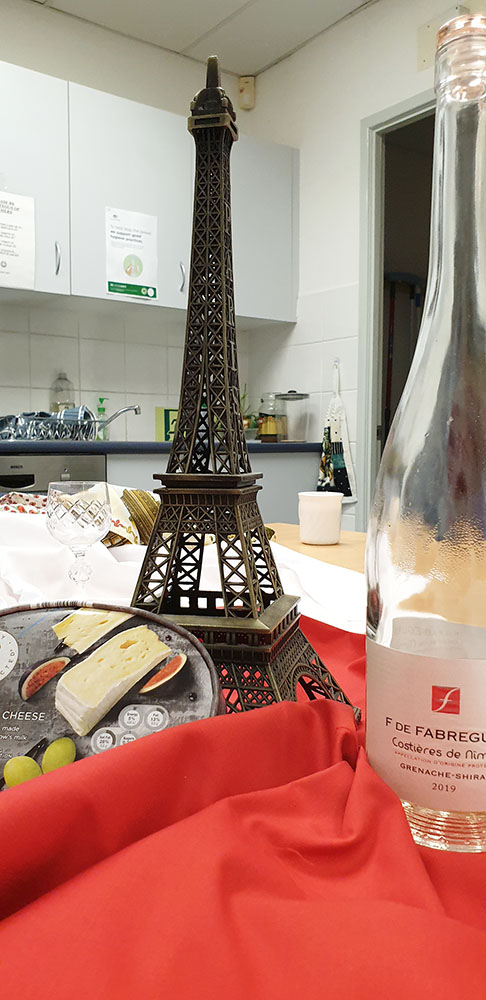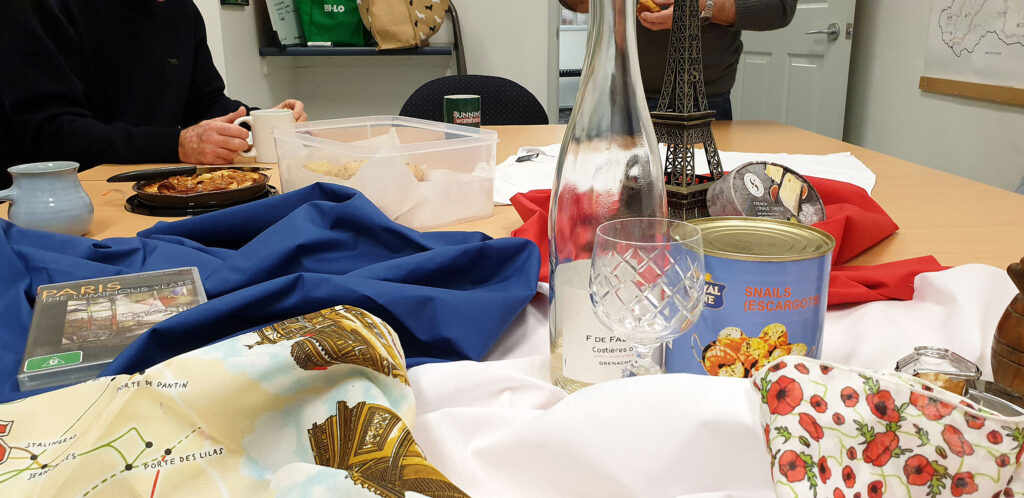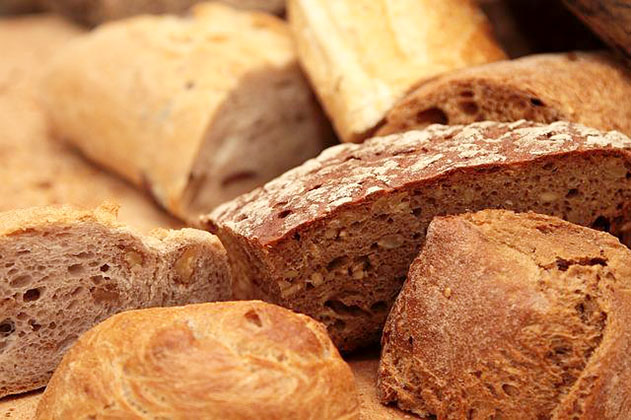Adopted By ‘Francophiles’ Throughout The World …
Members of the Beaudesert U3A French Group celebrated Bastille Day with French style cuisine. Not only learning the language, the group also delves into French culture.
Bastille Day, its English language name has been adopted by Francophiles throughout the world, who celebrate with French cuisine and music.
In France, La Fête Nationale is a public holiday commemorating the anniversary of the capturing of the Bastille, in Paris, on 14 July, 1789.
A late 1780’s Account of History:
France was in economic trouble, its populace were suffering terrible starvation resulting from severe food shortages and in Paris, bread rioting had become more prevalent.
It is no wonder that under these dire circumstances that the people’s anger and frustration with the tyrannical ruling monarchy, boiled over and the Bastille, a former medieval fortress and jail became their target.

The mob, searching for arms and ammunition in order to continue the fight with Royal troops, stormed the Bastille and released the few remaining prisoners, many of whom had been locked away without trials at the behest of the king.
This significant historical event is credited to be the beginning of the French Revolution, along with the 1790’s Fete de la Federation, designed to bring national unity to the country and eventually transition from monarchy to republic.
Frances’s national day means different things to different people, but one thing for certain is that it is celebrated in true French style with a lavish military parade on the Champs-Élysées, in Paris, with all the ensuing pomp and ceremony, culminating in evening gala balls and fireworks, something which families and friends can enjoy together.



by Diane Rewko (Beaudesert U3A Publicity Officer)
Bread – A Slice Of French History
‘Bread Equality’ & Storming Of The Bastille …
Bread has always been a constant food staple in France, dating back to the Middle Ages.
Pre-Revolution, saw the populace making do with bread made from less quality barley grain.
During this already unstable time, bread prices were increasing along with salt taxes. With subsequent food shortages more and more anger was directed toward the ruling monarchy.
After the Storming of the Bastille, in Paris, the notion of “Bread Equality” became popularised, leading to the emergence of the Boulangerie.
The boulangerie, derives from “Boulanger” or “French Baker” where bread must be baked on premises to maintain its artisan status.
Bread, and all its delicious varieties, is the main trade.

